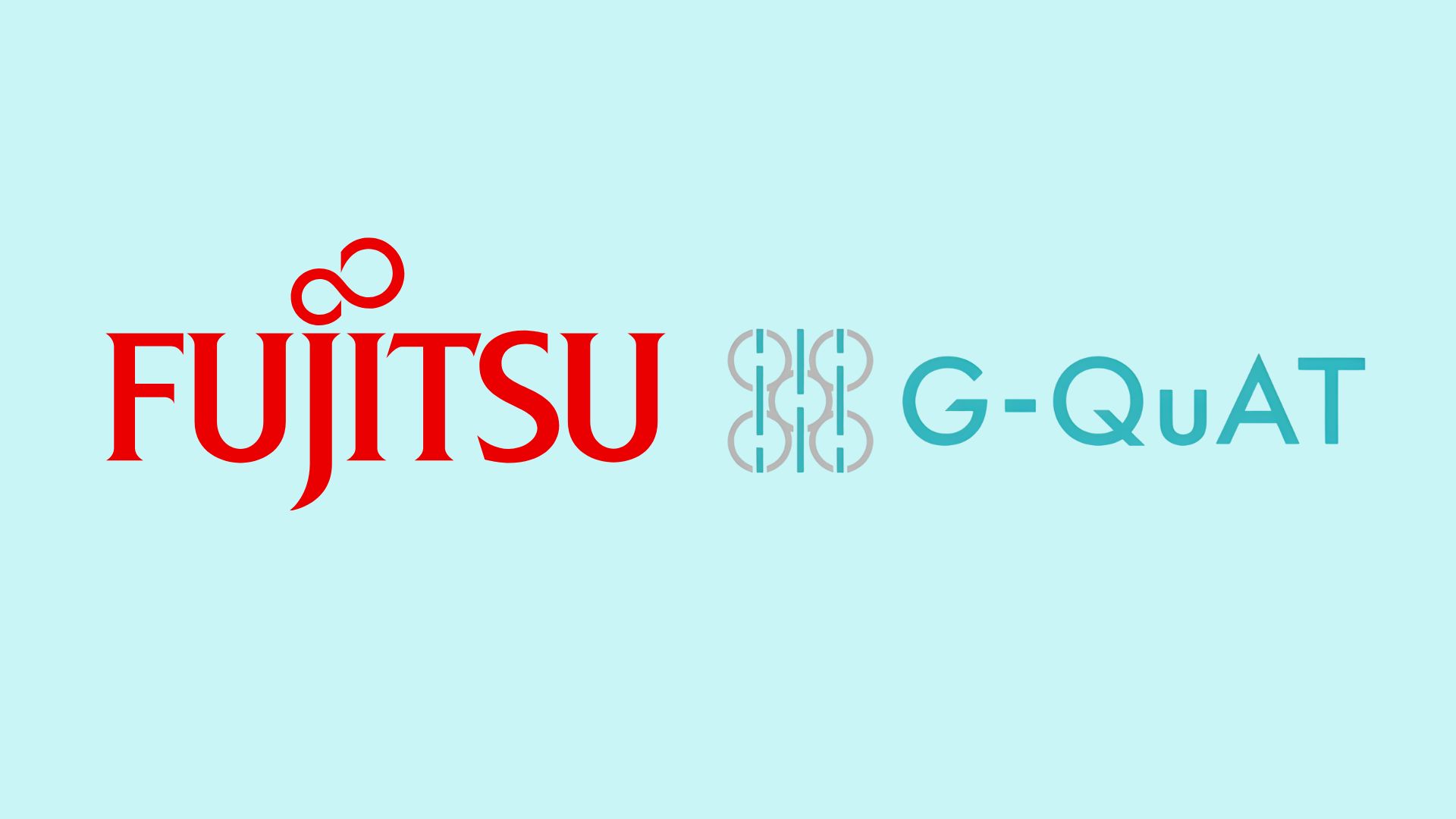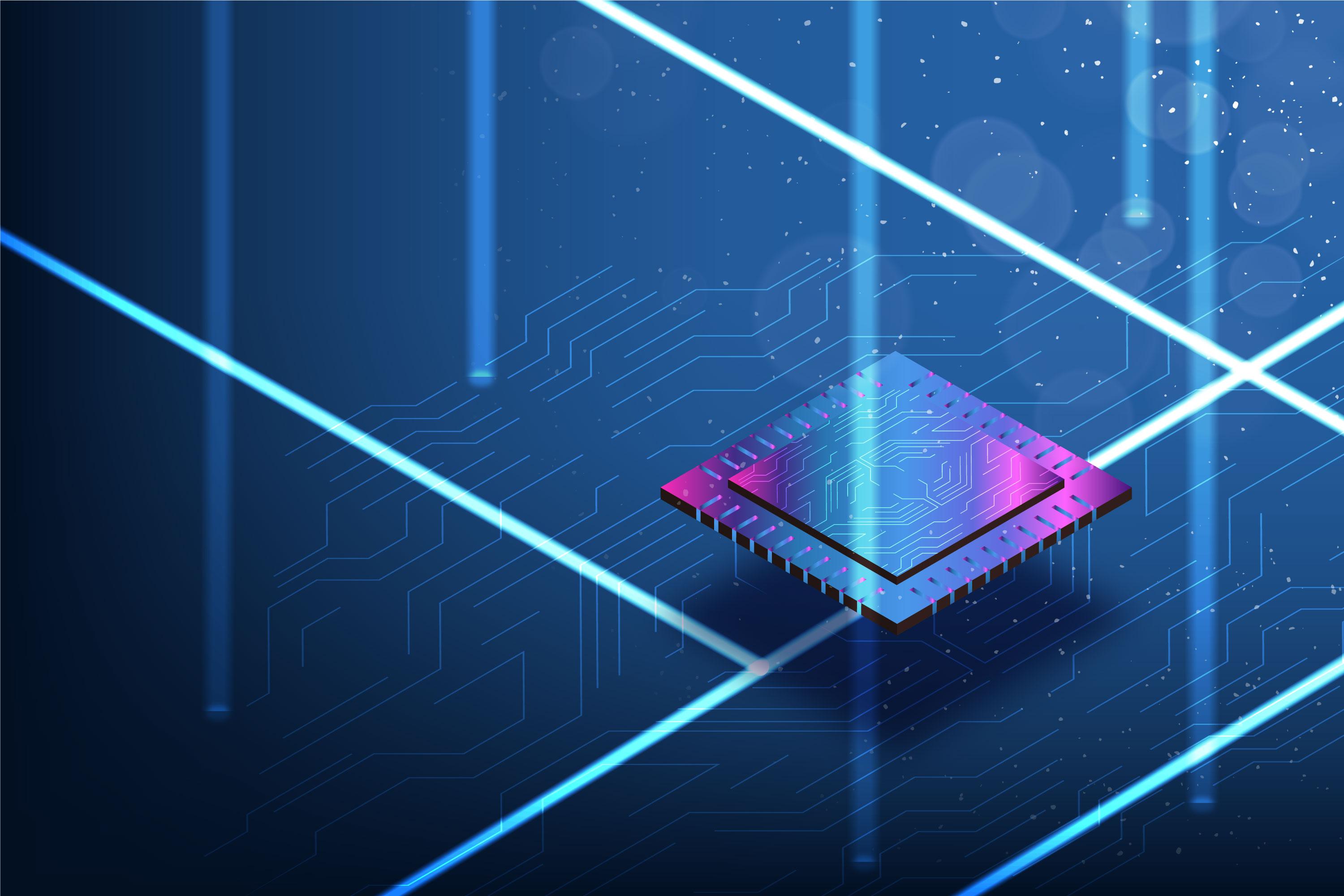South Korea is accelerating its AI development through a major partnership with NVIDIA, deploying over 260,000 GPUs across government, cloud providers, and industrial leaders.
The Ministry of Science and ICT is investing in sovereign AI infrastructure, while companies including Samsung, SK Group, Hyundai, and NAVER Cloud are building AI factories and expanding GPU capacity to support physical and enterprise AI workloads.
The initiative seeks to boost innovation in manufacturing, automotive, and telecoms, supporting large-scale AI model training, validation, and deployment.
Korean organisations are developing sovereign large language models through public-private partnerships with LG AI Research, SK Telecom, NC AI, Upstage, and NVIDIA.
The infrastructure will allow startups, researchers, and enterprises to access high-performance computing for AI applications and industrial digital twins.
Korea is also advancing AI-enabled quantum computing and scientific research. The Korea Institute of Science and Technology Information (KISTI) is creating a Center of Excellence using NVIDIA supercomputers, NVQLink for quantum processors, and PhysicsNeMo for physics-based AI models.
The goal is to strengthen research collaboration, AI innovation, and economic growth. Startups gain support through NVIDIA Inception and N-Up AI programs, accessing computing infrastructure, AI tools, and investment guidance to speed growth and industrial AI adoption.
Would you like to learn more about AI, tech and digital diplomacy? If so, ask our Diplo chatbot!










